North Korea has been accused of harassing its arch-enemy, South Korea, by sending 260 gas balloons filled with propaganda leaflets and excrement across the border. The South Korean military issued a warning on Wednesday, advising the public to avoid contact with the white balloons and the plastic bags tied to them, which contain dirty waste and garbage, according to a report by Reuters.
These balloons were found in eight of South Korea's nine provinces, prompting authorities to examine and investigate the situation further. The provocative act follows a recent statement by North Korea accusing South Korean activists of spreading leaflets and other rubbish in North Korea's border areas. North Korea pledged retaliatory measures in response.
In a statement released by the state-run Korean Central News Agency (KCNA) on Wednesday, a North Korean spokesperson, identified only as Kim, claimed responsibility for the balloon campaign. Kim stated that North Korea had disseminated toilet paper and other waste materials in bags attached to balloons along the Korean border and central region as a form of retaliation.
"We did something that South Korea always does," Kim said. "But I don't know why they act like bathing in a shower of fire." He accused South Korea of engaging in psychological warfare with North Korean citizens and suggested that North Korea's actions were a justified response to South Korea's long-standing provocations.
The conflict between North and South Korea dates back to the early 20th century. Korea was under Japanese rule from 1905 until the end of World War II in 1945, when Japan surrendered to the Soviet Union. The Korean Peninsula was then divided along the 38th parallel, with North Korea aligning with the socialist Soviet Union and South Korea with capitalist America. The Korean War began on June 25, 1950, when North Korea invaded South Korea with the goal of reunification. The war ended in 1953 with the signing of the Korean Armistice Agreement, but tensions have persisted, making the two countries perpetual adversaries.



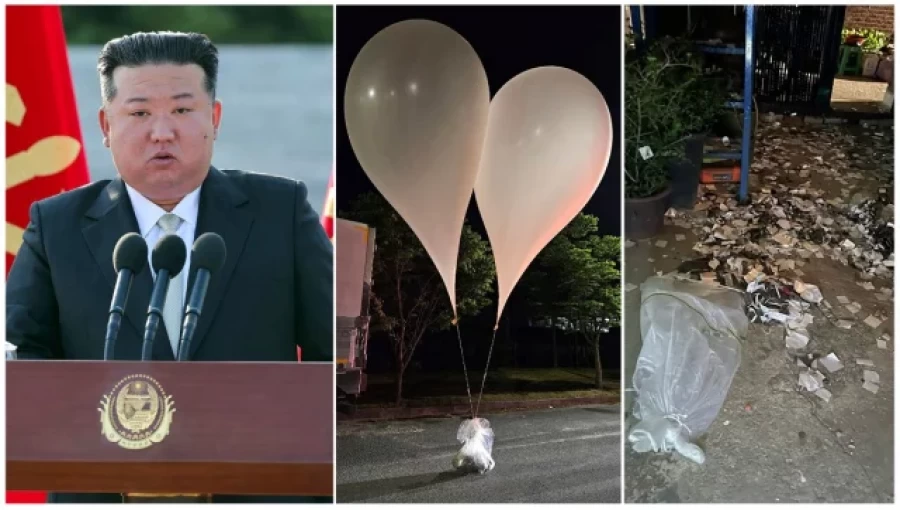


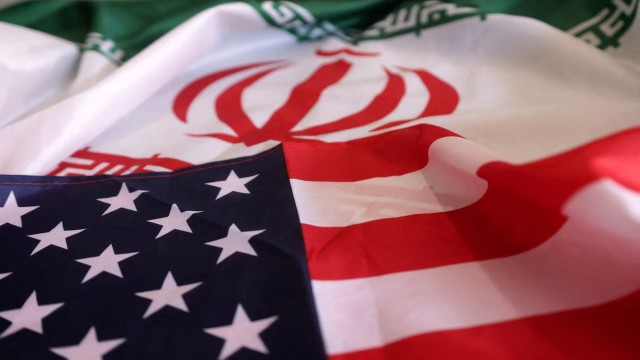
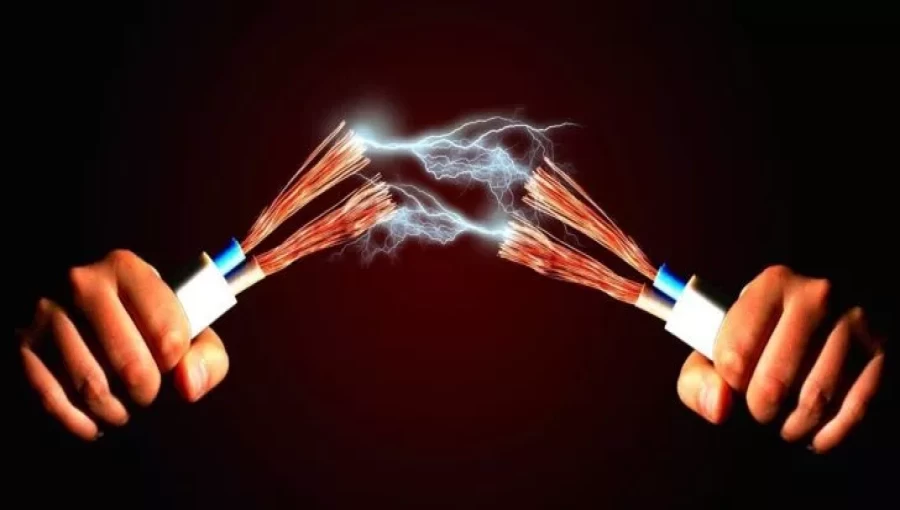


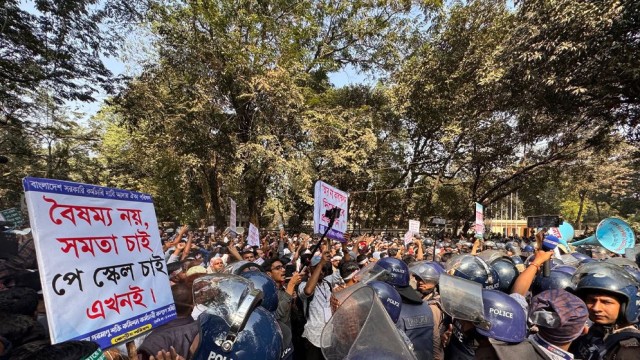





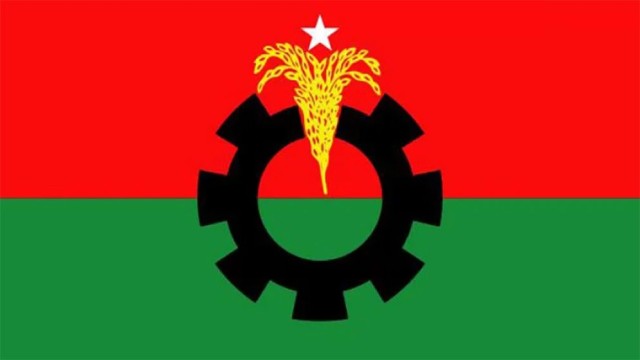
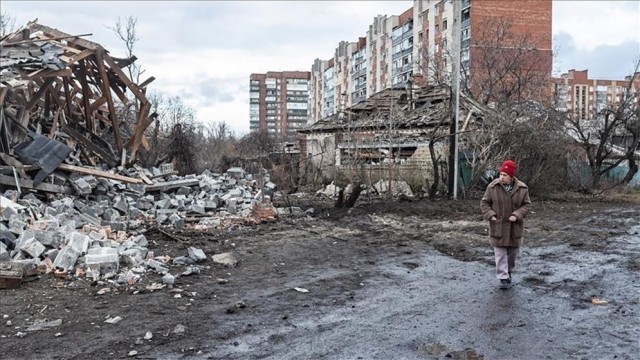












Comment: